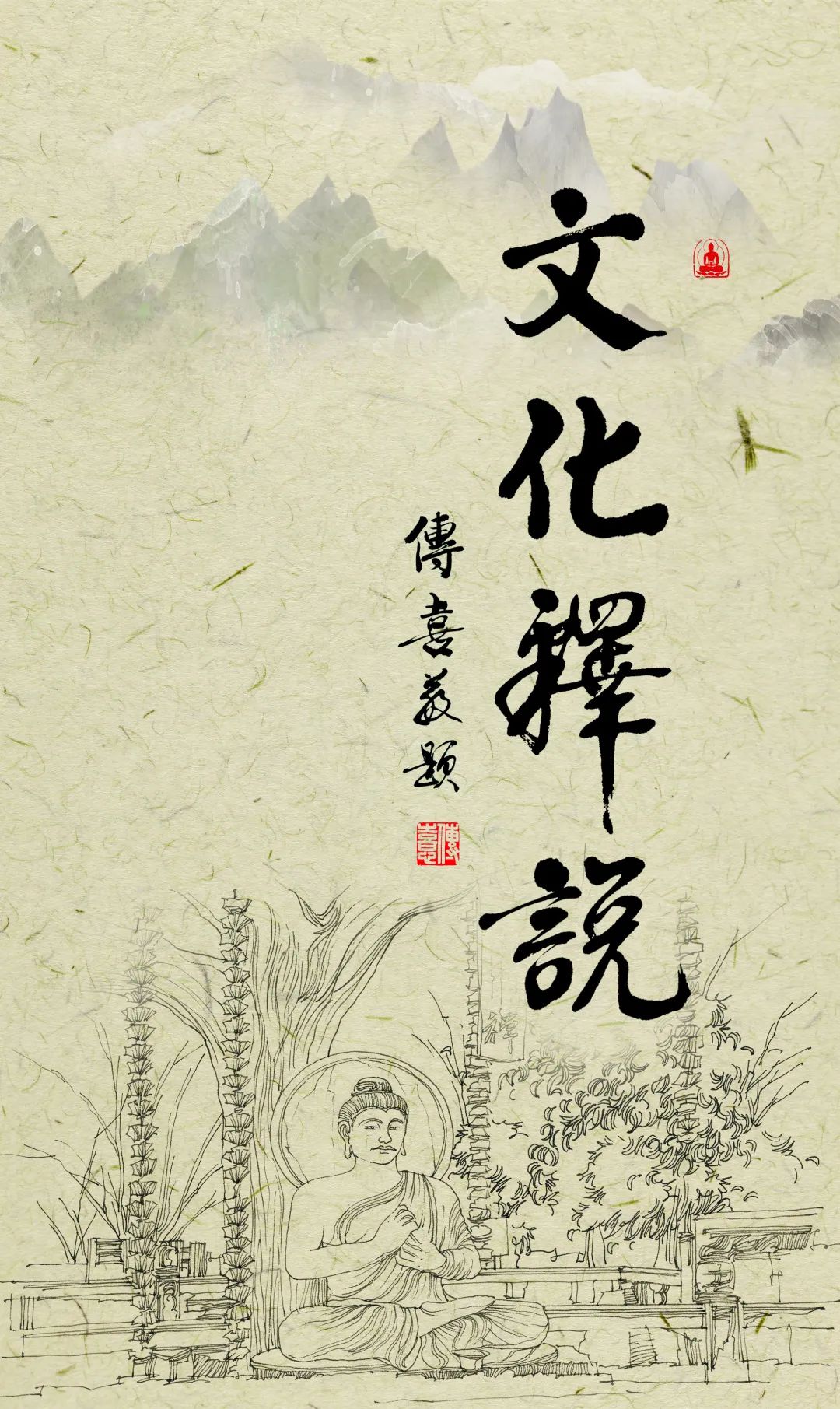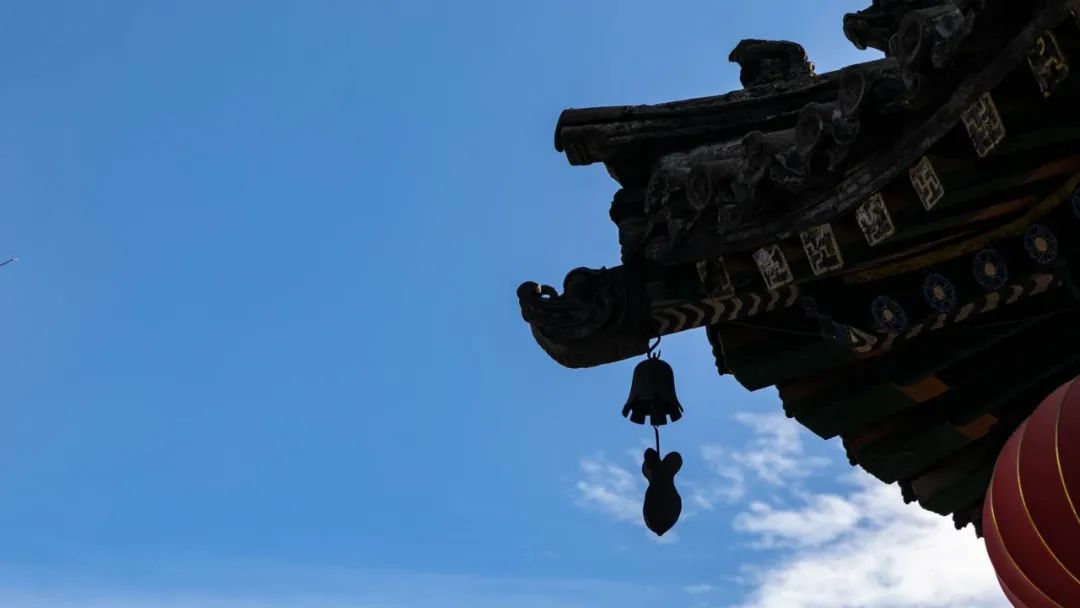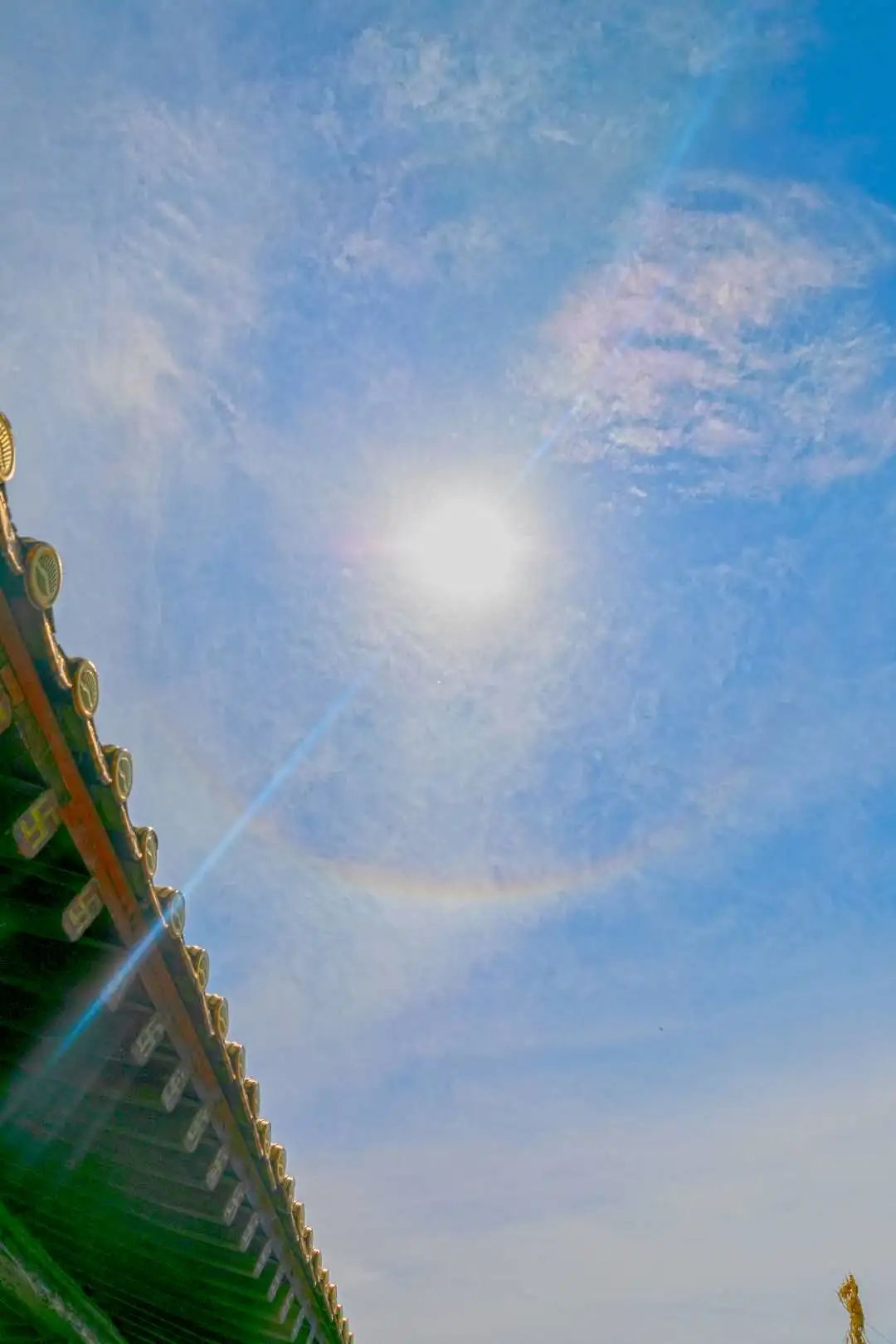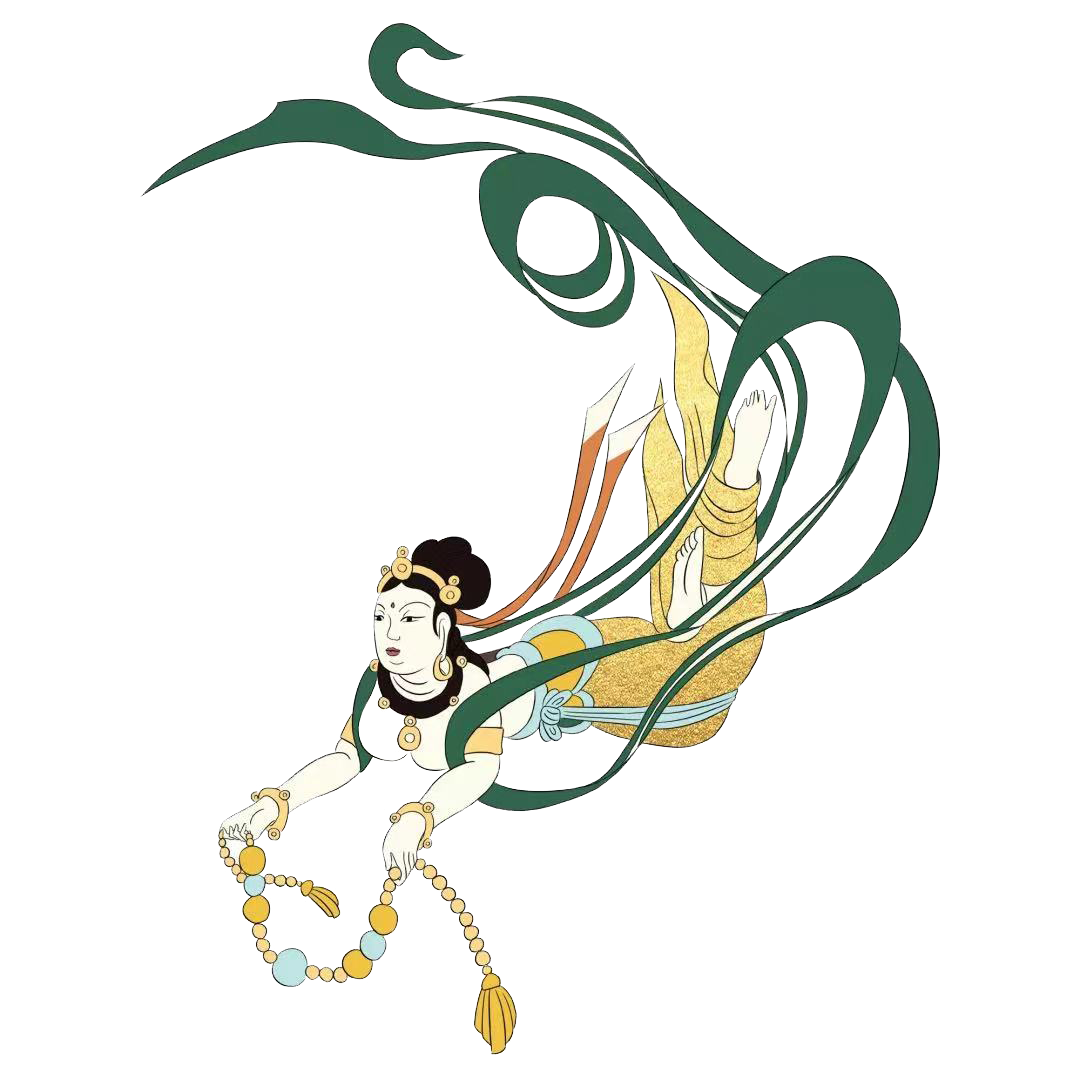【文化释说英文有声书】第四篇 除“恶”修心 (六)

六、除“恶”修心
Six – Getting rid of unwholesomeness to train one’s mind.


记者:继续请教,这个“欲”到底是从哪里来的?
Journalist: As I continue to seek your advice – where do these desires come from?
传喜法师:“欲”是人的本能,没有高智慧的驾驭,它是本能的状态。
Master Chuan-xi: ‘Desires’ are one’s instincts, which remain in the state of being instinctive when there is a lack of oversight.
记者:“欲”是无善无恶的吗?
Journalist: Are desires neither wholesome nor unwholesome?
传喜法师:在它一开启的时候是无善无恶,当它给人造成痛苦了,会产生恶。所以“欲”又分两个层面,有善法欲,比如前面讲的,想取得更好的生命境界,想报答父母、报答社会,想有更好的能力,这都叫善法欲。
Master Chuan-xi: When they have been first triggered, they are neither wholesome nor unwholesome. Unwholesomeness is given rise to when they bring forth suffering. There are two aspects to ‘desires’ as such: there are desires for wholesome phenomena, like what we have mentioned earlier, such as the pursuits to attain a better realm of experience in life, to repay one’s parents and society, and to improve one’s capability…these are all known as desires for wholesome phenomena.

记者:那教育是不是在遏制某种“恶”的欲?
Journalist: Is education then the prevention of certain ‘unwholesome’ desires?
传喜法师:它也在激励善法欲,让人们明白不善的那个“欲”会对自己和他人造成痛苦。
Master Chuan-xi: It is also to encourage and inspire desires for wholesome phenomena, to let people understand that unwholesome desires will bring one as well as others pain and suffering.
记者:“洗心”和“欲”,是不是我们平常讲的“清心寡欲”?
Journalist: ‘Cleansing the mind’ and ‘desires’ – are these what we normally refer as ‘the cleansing of one’s mind and the purging of one’s desires’?
传喜法师:“清心寡欲”只是方法,不是目标。
Master Chuan-xi: ‘The cleansing of one’s mind and the purging of one’s desires’ is the method, not the objective.
记者:在寺院的墙壁文化中,有一个“心平气和”,法师能否简介一下“心”“欲”之间到底是什么关系?
Journalist: On one of the walls in the monastery, it is written ‘calm mind and even temper’. Could Master explain briefly what exactly is the nature of the relationship between ‘mind’ and ‘desire’?
传喜法师:“心”在佛教里有好几个层次,像《百法明门论》里,“心法”“心所法”,有多少种“善法”“不善法”,分得很细。“欲”,前面已有所讨论,“欲”里面有一种属于没有理智,只是产生自己想获得的快乐,但不顾别人的感受。这样有可能对自己和他人带来负面影响,是需要我们认知、戒掉,是要防止的,防非止恶。
相对于“欲”,“心”更复杂。所以说,善法成就的天堂是“心”,“心”恶的那一面造就了地狱,也是“心”,所以我们要消除掉心中的“恶”。“心”是天底下最复杂的,不仅仅是指这个“肉团心”,有时也指我们脑细胞的意识活动。
脑科学家告诉我们:越研究越不了解大脑的奥秘。在这一点上,佛教要比现在人类对它的了解更深,划分得更细,在学问上要更透彻。这需要系统地学佛。
Master Chuan-xi: There are different aspects to the meaning of ‘mind’ in Buddhism. Like in The Hundred Dharmas Shastra, it is mentioned there are ‘mind’, ‘mental factors’, and many types of ‘wholesome’ and ‘unwholesome phenomena’. There is very detailed categorization. As we have discussed before, there is in ‘desire’ an element of irrationality which aims at personal happiness and which disregards the feelings of others. There is a possibility that this will bring about negative effects to oneself as well as others. We should be aware of this, try to abstain from such desires and to prevent them from arising like we would wrongful and unwholesome acts.
Compared with ‘desires’, ‘mind’ is more complex. Hence, it is said that the mind enables one to gain rebirth in heaven through wholesomeness. On the other hand, when one’s mind is unwholesome, one ends up in hell. It is all due to ‘mind’. As such, we need to get rid of the unwholesomeness in our mind. ‘Mind’ is the most complex. It not only refers to our physical brain, but also to the activities of consciousness of our brain cells.
The neuroscientists tell us that the more they study the brain, the more they are unable to understand it. In this respect, Buddhism has a more in-depth, detailed and thorough understanding of the mind. One needs systematic Buddhist study.

记者:“心”那么复杂,我们怎样才能做到“制心一处”?
Journalist: Since ‘mind’ is so complex, how are we able to ‘fix the mind at one place’?
传喜法师:所以,修心是最容易也是最难的事情,才有立教的必要。佛教是一个庞大的体系。佛教尚存于世,这是人类文明宝贵的财富。
Master Chuan-xi: Therefore, the taming of the mind is the easiest as well as the most difficult thing to do, and hence the reason for the founding of Buddhism. Buddhism is a great and profound system. It still exists and is a precious treasure of humankind.
记者:实际上儒家也讲“心”。
Journalist: In fact, Confucianism also talks about mind.
传喜法师:对,儒家也讲心学。明朝的王阳明,学佛开悟之后,重新解读儒学的真谛,他是理学的发扬光大者,也是心学的集大成者;道家的王重阳创立全真教,认为修道即修心,推崇《道德经》《孝经》《心经》。他修道的心得是“人心常许依清静,便是修行真捷径”,也是在佛教里得到了智慧,又回到道学里去的……
Master Chuan-xi: Yes, Confucianism also talks about the study of the mind. Wang Yang-ming of the Ming Dynasty, who re-interpreted the truth in Confucianism, propagated and made popular Neo-confucianism. He was also the most accomplished in the study of the mind. Wang Chong-yang who founded the School of Complete Truth in Taoism, regarded the practice of Taoism as the taming of the mind, and advocated and valued the Dao De Jing, the Piety Scripture, and the Heart Sutra. He learnt from his own Taoist practice that ‘the truest and shortest way to practice is for one’s mind to always abide in purity and quietude’. One is seen going back to Taoism with the wisdom one has gained in Buddhism.

记者:是不是他们都认识到要改变人、改变社会,甚至改变一个国家、改变地球人类都要从“心”开始?
Journalist: Have they all realized that one has to start from the mind in order to change a person, a society, or even a nation or everyone in the world?
传喜法师:是。第一届世界佛教论坛的主题就是“和谐世界,从心开始”,就是指的“心灵”。心灵是人的主人,也是社会的主要元素。
Master Chuan-xi: Yes. The theme of the inaugural World Buddhism Forum was precisely ‘World Harmony Starts With the Mind’. It referred exactly to our mind and spirit. Our mind and spirit are our masters and also the main elements of society.
记者:从社会教育的角度来看,世人怎么修心,您有什么建议?
Journalist: From the perspective of a social education, how should we tame the mind? What suggestions do you have?
传喜法师:为什么自古以来中国把儒释道作为主流文化?现在要恢复我们心灵的学问,佛教还保存着这样的力量。但现代社会都习惯于迷失,怎么“迷失”心灵怎么来,手机、电脑、游戏、灯红酒绿……人们只在物质追求中寻求物欲的满足,处处都在“迷心”。而“救心”“醒心”,寺院还承担着这个功能,对佛教文化,对寺院文化,社会上能更重视或者个体更重视,那我们的心灵回归才有可能。
Master Chuan-xi: Why had Confucianism, Buddhism and Taoism been the mainstream in China since the ancient times? To revive the study of the mind and spirit in present times, we have Buddhism which still possesses such efficacy. However, modern society has grown accustomed to being lost. How have we become lost and what has become of mind and spirit? The hand-phone, the computer, games, a debaucherous lifestyle… People chase after material goods to seek only the satisfaction of their physical desires. Everywhere they go, they lose their mind. But the monastery is still assuming the task for ‘saving our mind’ and ‘waking it up’. Only when we, either as a society or individually, attach more importance to Buddhist and monastic culture, will there be a possibility that we can have our mind and soul back.

记者:“灯红酒绿”也是物质文明。
Journalist: Debauchery is also a materialistic civilization.
传喜法师:灯红酒绿是物质文明产生的现象,但人们只沉迷于感官的快乐,而不注意心灵的修养,它对我们人的心灵是有迷惑的。
Master Chuan-xi: Debauchery is a phenomenon that has been caused by materialistic civilization. People indulge only in the pleasures of the senses, but pay no heed to spiritual cultivation. These pleasures seduce and confuse our mind and spirit.
记者:难道因此我们就拒绝这种高科技生活吗?
Journalist: Does it mean that we have to reject such a high-tech lifestyle as a result?
传喜法师:高科技生活,让有的人快乐、有的人痛苦,不是我们拒绝,而是我们有能力消化它吗?是在“灯红酒绿”中“迷失自我”,还是在“灯红酒绿”中“庄严人生”,这是每一个人都要面对的,同时又会得到的不同结果。
Master Chuan-xi: A high-tech lifestyle brings happiness to some people, and pain and suffering to others. It is not rejection we are talking about, but a question of whether we are able to digest it. Is it to get ourselves lost in debauchery, or to lead a dignified life in it? This is something faced by everyone, and which leads to different results.

记者:我们今天讲的“科技”和“修心、修炼”能不能合一?
Journalist: Can ‘technology’ and the ‘training of the mind and practice’ we talked about today be combined into one?
传喜法师:对于修心或修道的人来说,能与所有的现象和平相处。对于迷失“心”的人来说,越是妄自屈从,科技恰是他的丧身之地、是埋葬他的坟场。看上去炫人眼目的现代科技,恰可让人失性亡命,葬身其中。
Master Chuan-xi: One who is engaged in the training of the mind and the practice of the Dao is able to be at peace with all the phenomena around him. One whose mind is lost is all the more deluded and blindly submissive. Technology will just so be his doom and the graveyard in which he will be buried. Seemingly dazzling, modern technology is precisely that which leads to the loss of one’s senses and life, causing one to be buried in it.
记者:所以,我们不能简单地说科技好还是不好?
Journalist: Therefore, we are not able to simply say whether technology is a boon or bane?
传喜法师:对。比如科技发展要获取和利用资源,对社会产生后遗症,这些负面影响也是众所周知的。当然科技在给我们带来方便快捷的同时,也要看你这个人是“六神有主”还是“无主”;“有主的”是你在使用科技,“无主的”你就成了科技的奴隶。是科技在“转”你,还是你“转”科技,这是问题的关键。如果心灵没有回归的话,我们还是会变成科技的奴隶。
Master Chuan-xi: Yes. For instance, the acquiring and usage of resources required by technological advancement gives rise to social repercussions the negative effects of which are well-known. At the same time technology brings us convenience and expedition, we also need to see whether we are in control of our senses. If we are, it means that we are making use of technology; if not, we are being a slave to technology. The key is whether technology is transforming you or whether you are transforming technology. We will still be slaves to technology if we are unable to find our mind and soul back.

记者:在您看来,学校教育应怎样从“心”开始?
Journalist: From your perspective, how should education in the schools start with ‘mind’?
传喜法师:小孩子在成长过程中,肉体和心智都没有成熟,心灵也处于一种未被启蒙的状态。如果我们有了这种价值观念,重视心灵的启迪、启蒙,就会对这个孩子的整个人生负责。他获得健康的心灵比健康的身体还重要,他获得健康的心灵、身体,比获得技术层面的知识还重要。所以,“心灵”应放在第一位,“肉身”放在第二位,知识性、“术”的层面放在第三位。这应成为我们教育者的价值取向。
Master Chuan-xi: When children are in their growing stage, they have yet to reach physical and mental maturation. Their mind and soul are still in a formative state. If we have a set of values which attach importance to the cultivation and development of the mind and soul, we will feel that we are responsible for the lives of our children fully. It is more important that they have a healthy mind and soul than a healthy body, and a healthy mind and soul as well as body than knowledge of the technological kind. Therefore, mind and soul should be put as priorities, body in the second place, and anything which is technical the third. This should be the direction of the values of those whose job is to educate.
记者:很经典 ! 现在请法师给学校寄语,您觉得什么样的才是好学校,或是您希望他们变成什么样的学校?
Journalist: This is indeed classic! I would now like to ask the Master to say a few words to the schools: what do you feel is a good school, or rather, what you hope for schools to become?

传喜法师:作为佛教徒,我们会去正面引导社会,一般不去评价,更不会去批评。另外,对于学校的教学体系,有时也会关注怎样能良性发展,但更多的是发挥我们自身的作用,重点放在我们能做点什么上。虽然你这么抬举我,但实际上我也不是教育家,很多也不是我的本行,不是我分内的,其实不能轻率地去说。
而对人的整体身心灵的成长上,我们有佛教的认识观点。我所提出的,仅仅是我的一些体会、体验,是一家之言,希望对大家有所启发,同时也担心,不要误导了大家。
Master Chuan-xi: As Buddhists, we will lead society in the right direction with a positive attitude. We usually do not make comments, not to mention criticize. On top of that, we sometimes will show concern on how the schools can improve in terms of their educational systems. More importantly, it is all about how we can make a difference as individuals – before anything else, what is the least we can do. Although you flatter me much, I am not in actual fact an educator. There are many areas which are not within my specialization and the scope of my work. In fact, I should not be commenting on them lightly.
On the holistic growth of the body, mind and soul however, we are equipped with the perspective of Buddhist knowledge. The things I have mentioned are part of my understanding and experience only. They are the comments of an individual. I hope they can inspire everyone. At the same time, I am worried I might mislead all of you.
英文翻译&读诵:建成
慧日国际微信工作室
往期精选:
善師贊 Praise to the Wholesome Teacher
《妙法莲华经》(五百弟子受纪品第八)(Keith美式发音读诵)
【殊胜日功德亿倍】《妙法莲华经》(化城喻品第七)(Keith美式发音读诵)
【中英双语】《妙法莲华经》(授记品第六)(Keith美式发音读诵)
超能力、折叠时空、选择觉醒还是酷炫的神通?——「慧」看电影之《奇异博士》
最新视频《祈愿Praying》全网首发,祈愿世界疾疫消除、众生吉祥安乐

什么!?慧日国际佛学平台招募义工,还不赶快报名!
我们用心选择图文,陪伴读者走过漫漫时光,如果您也怀揣信仰,
擅长英语、法语、德语、意大利语、西班牙语、葡萄牙语、俄语、韩语、日语、瑞典、挪威语、荷兰语、泰国语等语种翻译,文字编辑,和图文海报设计,那就别犹豫啦!邮箱:Huiriguoji_recruit@qq.com
~随喜转发~



关注公众号
发菩提心
慧日国际佛学HRIB
义工招募:
如果您对微信排版、海报设计、多语种翻译有兴趣
请和我们联系吧!